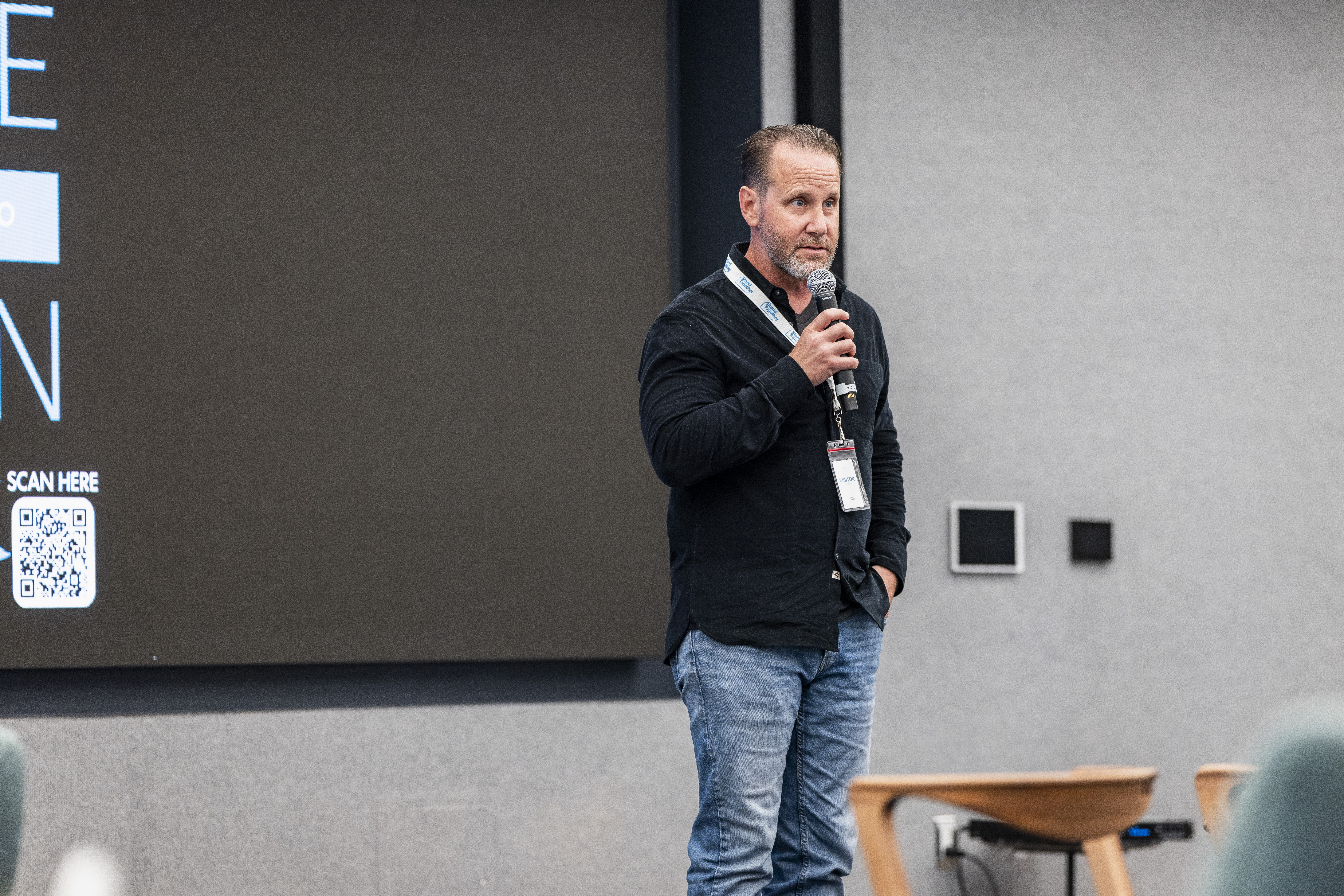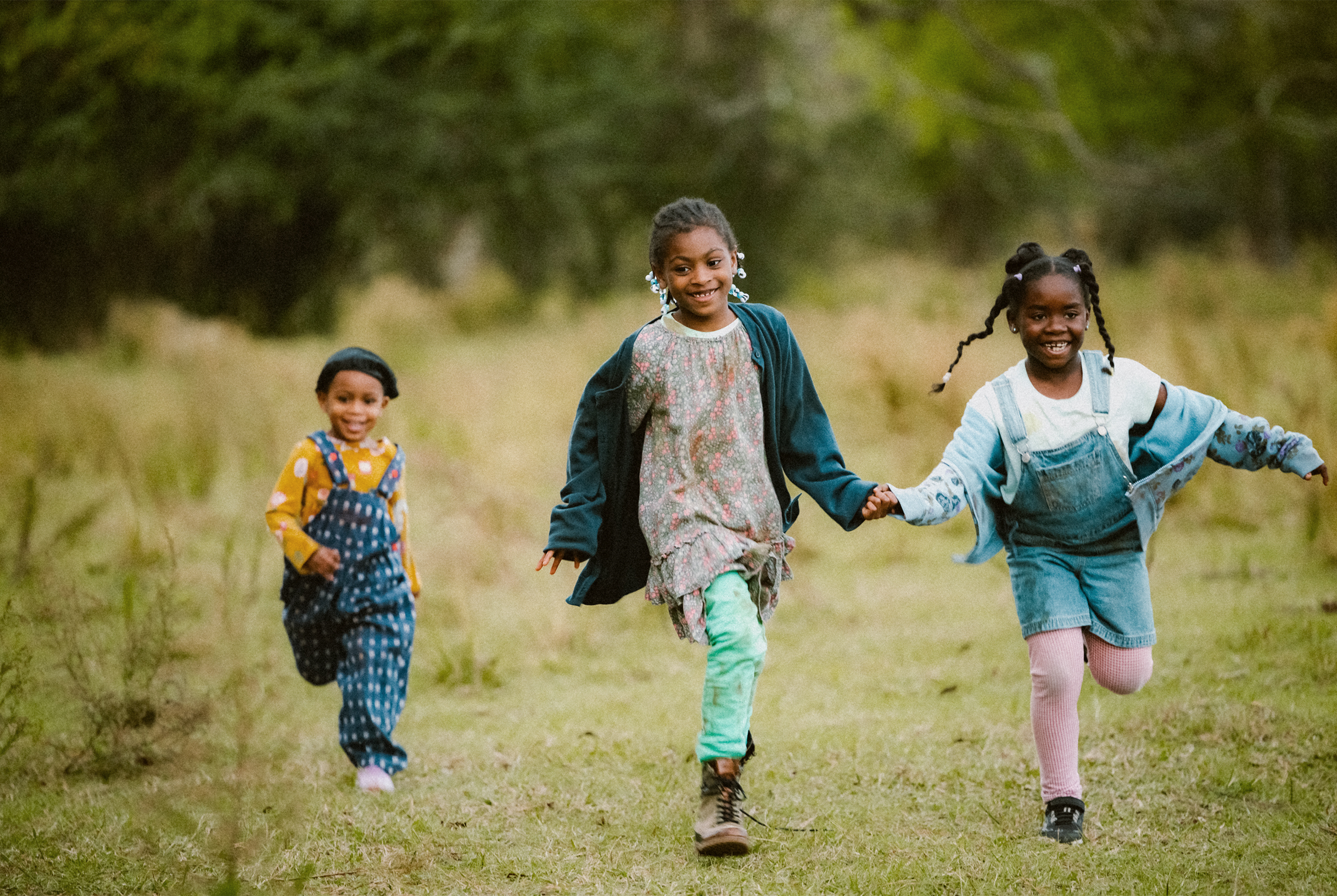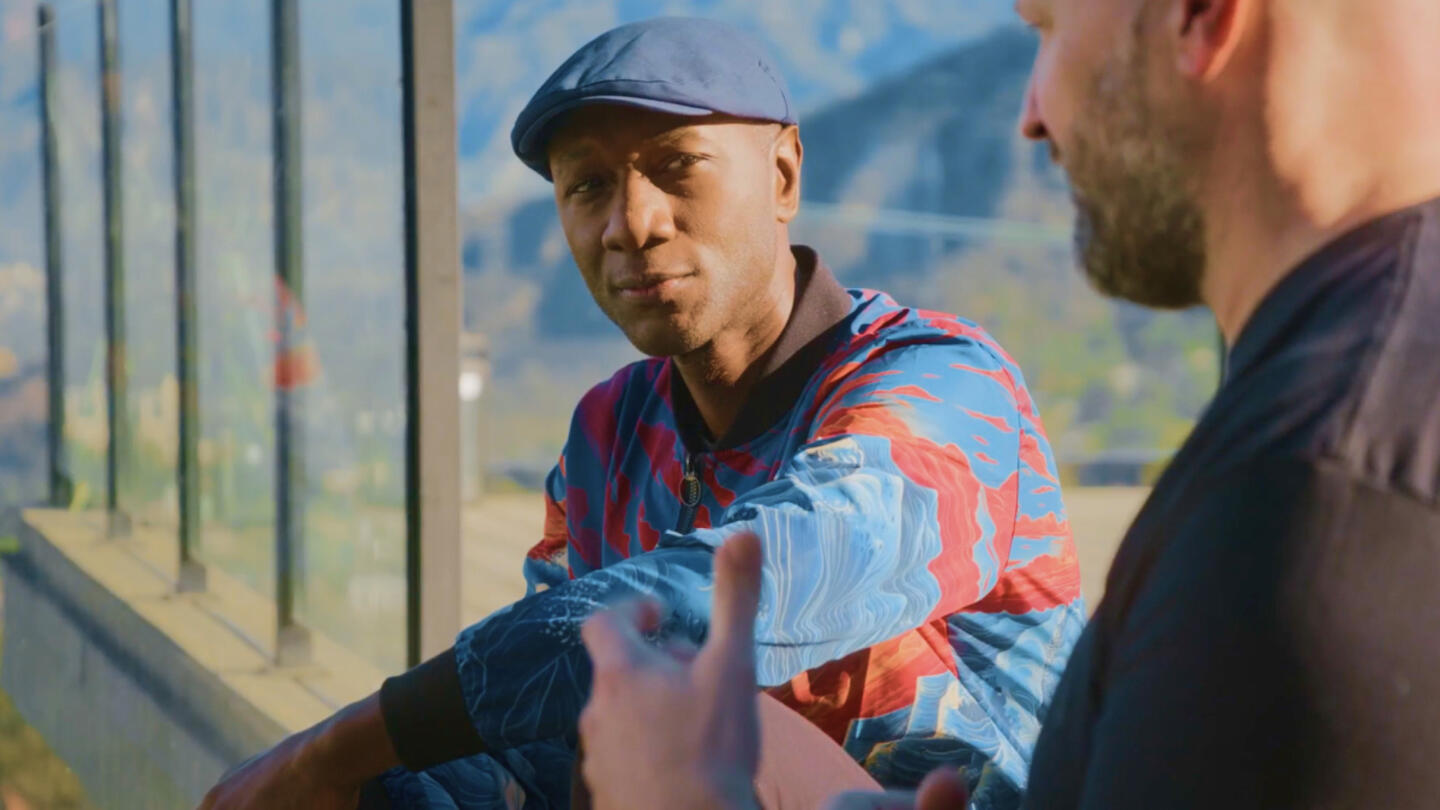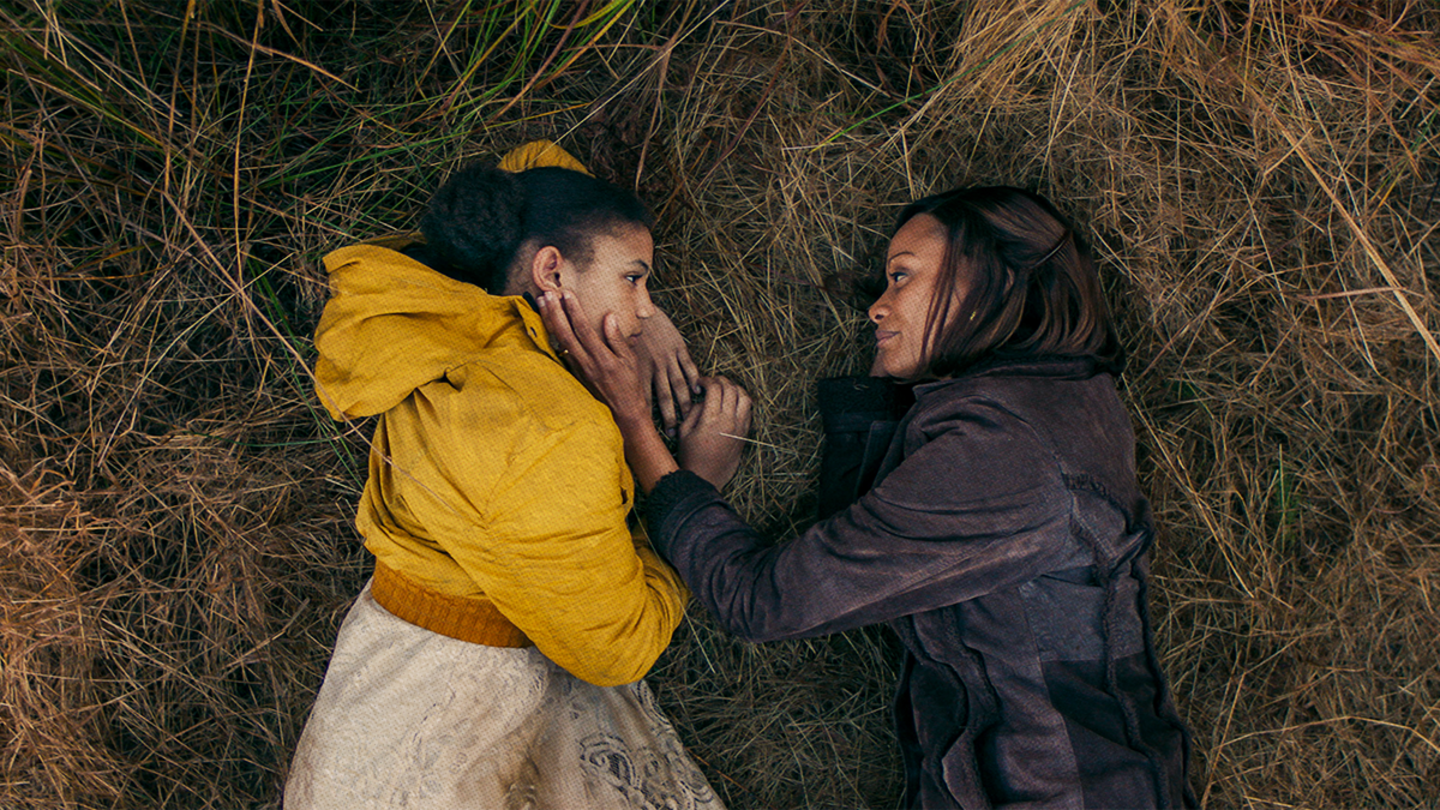A new type of hero hit big screens this summer. There were no capes, otherworldly powers, or big city backdrops. Instead, the movie features a small community in east Texas and how its people rallied to help some of the most vulnerable children in the state.
“Sound of Hope: The Story of Possum Trot” is inspired by a powerful true story of how a rural church became a beacon of hope for foster children, resulting in 77 adoptions. However, one of the movie’s executive producers, Joe Knittig, says the film is also about so much more than one town’s incredible commitment. It demonstrates how communities and people, not top-down forces, will solve our foster care crisis.
The filmmakers, Josh and Rebekah Weigel, aim to show that in addition to foster care and adoption, there are smaller actions we all can take to help children and families in crisis. Seemingly minor acts, like buying a mattress for a family in need, can be the difference between a family staying together or breaking apart. The benefit isn’t just to the family, but to society because keeping kids out of foster care prevents countless downstream negative impacts, such as homelessness and mass incarceration.

Knittig has years of experience working to end the foster care crisis as the CEO of CarePortal, the app considered the “Uber of foster care” for how it connects people in need with people willing to help. Since his first visit to Possum Trot, Texas, in 2013, he’s known the epic story of this small community. However, until 2020, he didn’t know that CarePortal’s Los Angeles leader, Rebekah Weigel, had been writing a movie script for Possum Trot with her husband, director Josh Weigel. When they handed him the script, he was taken aback.
“I read it — all night. I didn’t put it down once I started reading,” he said. “It was so raw and honest and moving.”
What 'Sound of Hope' is about and what it can teach us
The movie follows the journey of Bishop W.C. Martin and his wife Donna Martin as they inspire 22 families to adopt the most difficult-to-place kids in the local foster care system. While “Sound of Hope” is not a documentary, the filmmakers took great care to stick close to the reality of the foster care crisis in America.
In one scene, Knittig recounted how a child is shown bitten head to toe by bedbugs. The social worker explains she was taken from her mother because she couldn’t afford the $500 for pest control.
This scenario isn’t just a Hollywood dramatized story. These are the types of real-life situations Knittig encounters with CarePortal. CarePortal connects with child-serving professionals, like social workers, to find out what unmet needs may potentially cause a child to be labeled as “neglected” by social service agencies. CarePortal then alerts community members to these requests through its app and website. The community members then find ways to meet the needs of the families requesting assistance in a process Knittig calls “care-sharing.”
Sign up for the Strong & Safe Communities newsletter for stories, ideas, and advice from changemakers working with their neighbors to address the biggest problems we face.
“We don’t need everyone trying to do the biggest things,” Knittig said. “We need everybody playing their role and no role is too small.”
In fact, Knittig believes care-sharing could prevent a substantial portion of the 7 million children who are referred to child protective services each year from becoming the 400,000 put into foster care annually. He says people often think the kids in foster care are the victims of horrific abuse. Those instances are tragic, but they aren’t the norm. Often kids find themselves in the foster system because of poverty.

This is where Knittig says communities can step in and solve a problem the government has been unable to.
“In the richest country the world has ever known, where we put $30 billion tax-payer dollars a year into child welfare, we have a catastrophe when it comes to child and family well-being,” Knittig said. “The most strategic place for systemic change and bottom-up change on Earth is the front door of the United States foster system. It is like the bullseye.”
That’s because foster care reform doesn’t just benefit children, it benefits society at-large. Helping families before children fall into the foster care system stands to address a variety of issues in our community, ranging from mass incarceration and gang violence to teenage pregnancy and homelessness.
With “Sound of Hope” that’s exactly what Knittig hopes will happen. People will be moved to make the necessary changes in their communities to keep families together, ease the burden on an overwhelmed foster system, and create a ripple effect of positive change through meaningful connections throughout society using foster care reform.
CarePortal is supported by Stand Together Foundation which partners with the nation’s most transformative nonprofits to break the cycle of poverty.
Learn more about Stand Together's efforts to build strong and safe communities and explore ways you can partner with us.

At this ‘resort,’ children with intellectual disabilities are seen as gifts to be celebrated and loved.

Veterans experience loss when leaving service. Could this be key to understanding their mental health?

The Grammy-nominated artist is highlighting the stories we don’t get to hear every day.

With his latest project, Blacc isn’t just amplifying stories — he’s stepping into them
